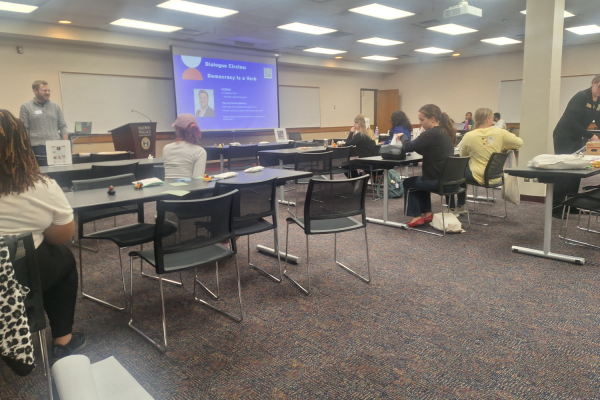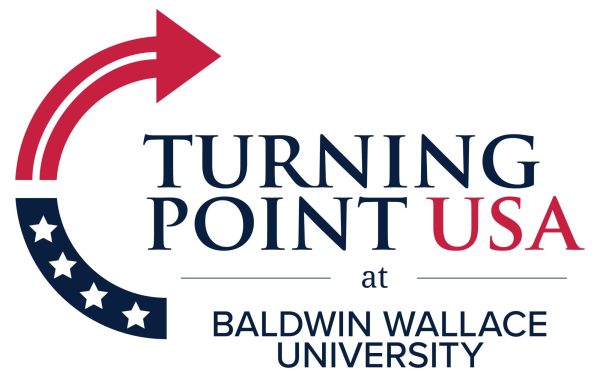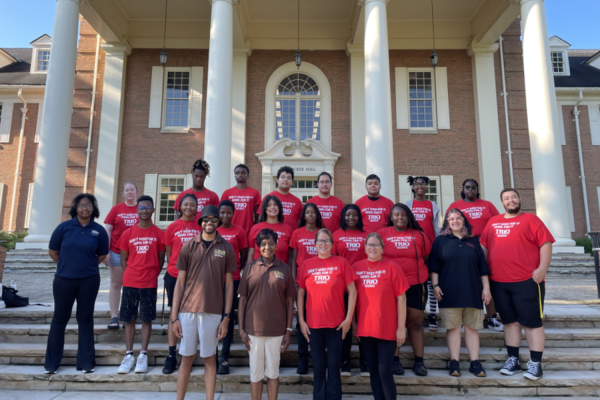University bumps up use of multifactor authentication to protect against hackers
BW students and staff are experiencing an increase in required authentication when using university affiliated websites.
University has been using multifactor authentication as a security system to keep student’s and staff’s information safe from potential security threats facing higher education institutions.
Multifactor authentication is a security system also used by most nearby universities including Cleveland State University and the University of Akron, which requires users to approve access through a secondary device before they can gain access to the information that is stored on the primary device.
This security system has been used campus-wide in past years at BW to ensure that the information of students and staff members remains secure and out of reach of potential hackers. Tom Mathis, chief information security officer, said that avoiding hacking is the main objective of the authentication.
“[It] is to make it hard enough to attack, that it is not worth the hacker’s effort. If it costs them too much time and effort to successfully attack an organization, they will move on to another target,” Mathis said.
This semester, both students and staff are seeing an increase in this required authentication when attempting to access university affiliated websites such as Outlook on both University-owned and personal devices.
Mathis said that the increase is largely attributed to the fact that in recent years, attacks targeted specifically against higher education institutions have increased.
“Hackers will steal [the universities’] data and hold it for extortion. If [universities] pay, they may delete your data,” Mathis said. “In some cases, they take your money and then sell your data anyway on the dark web.”
Kat Eddy, a sophomore public relations major, said that multifactor authentication is a must-have safeguard.
“I think that authentication is necessary for protection, after BW got hacked [in 2021] and with the recent hacking of other universities,” Eddy said.
Not only have students seen the heightened security, but faculty members must also use two-factor-authentication when entering University-affiliated websites.
Clare Gross, an assistant professor in the Department of Communication Arts & Sciences, said that because of the increase in required authentication, she has had issues with logging in when having a secondary device on hand and being logged in on multiple devices at the same time.
Despite these complications from multifactor authentication, Gross said that it is a good tool for security.
“I do think it’s more secure, and I see the reasoning behind it and why most places have it now,” Gross said.
Mathis said that not only are universities now using two-factor-authentication, but organizations in other fields have broadly adopted the practice as well.
“Additionally, cyber security insurance companies are now requiring organizations to implement two-factor authentication, along with other countermeasures, as a condition to be insured,” Mathis said.
The Exponent is looking for financial contributions to support our staff and our newsroom in producing high-quality, well-reported and accurate journalism. Thank you for taking the time to consider supporting our student journalists.



































